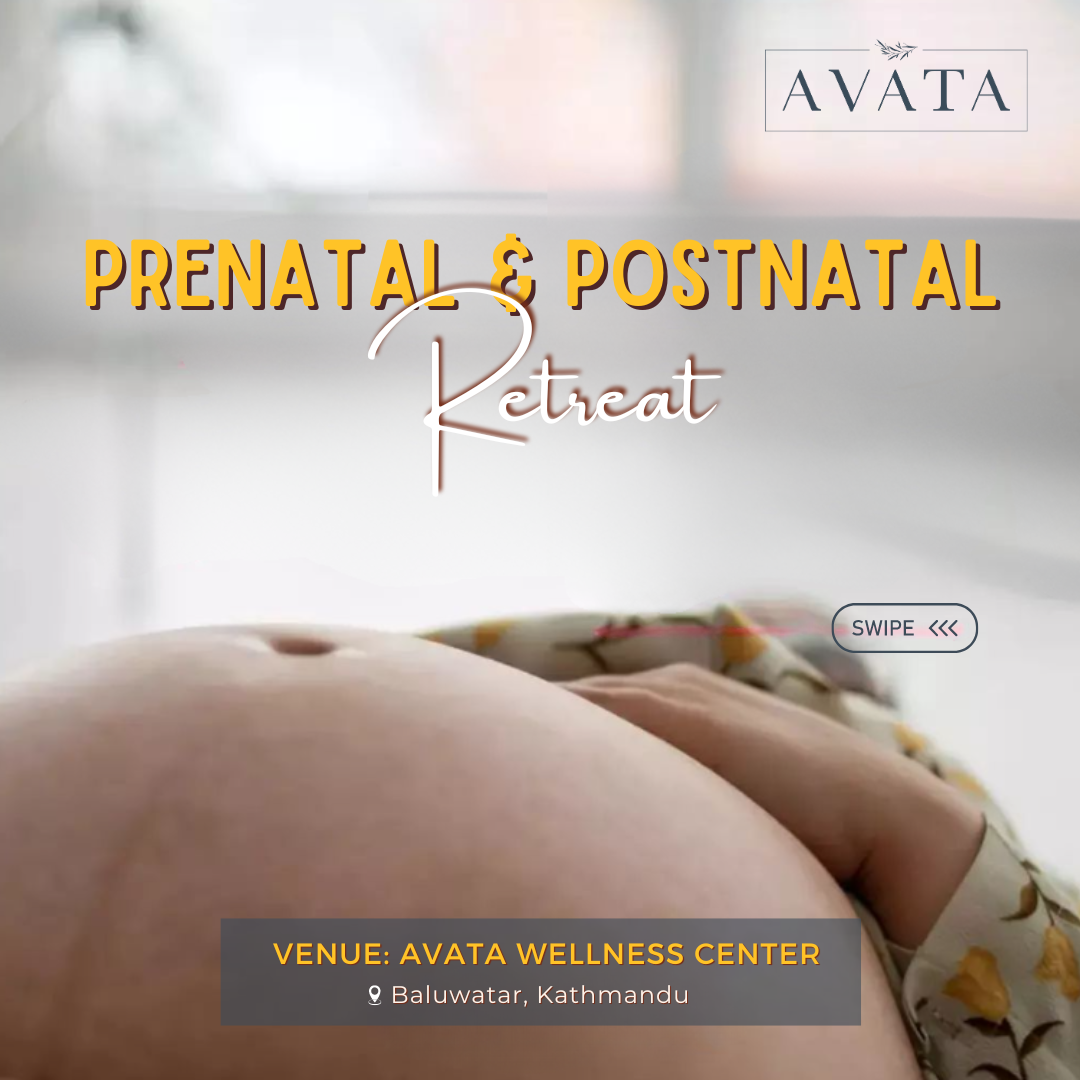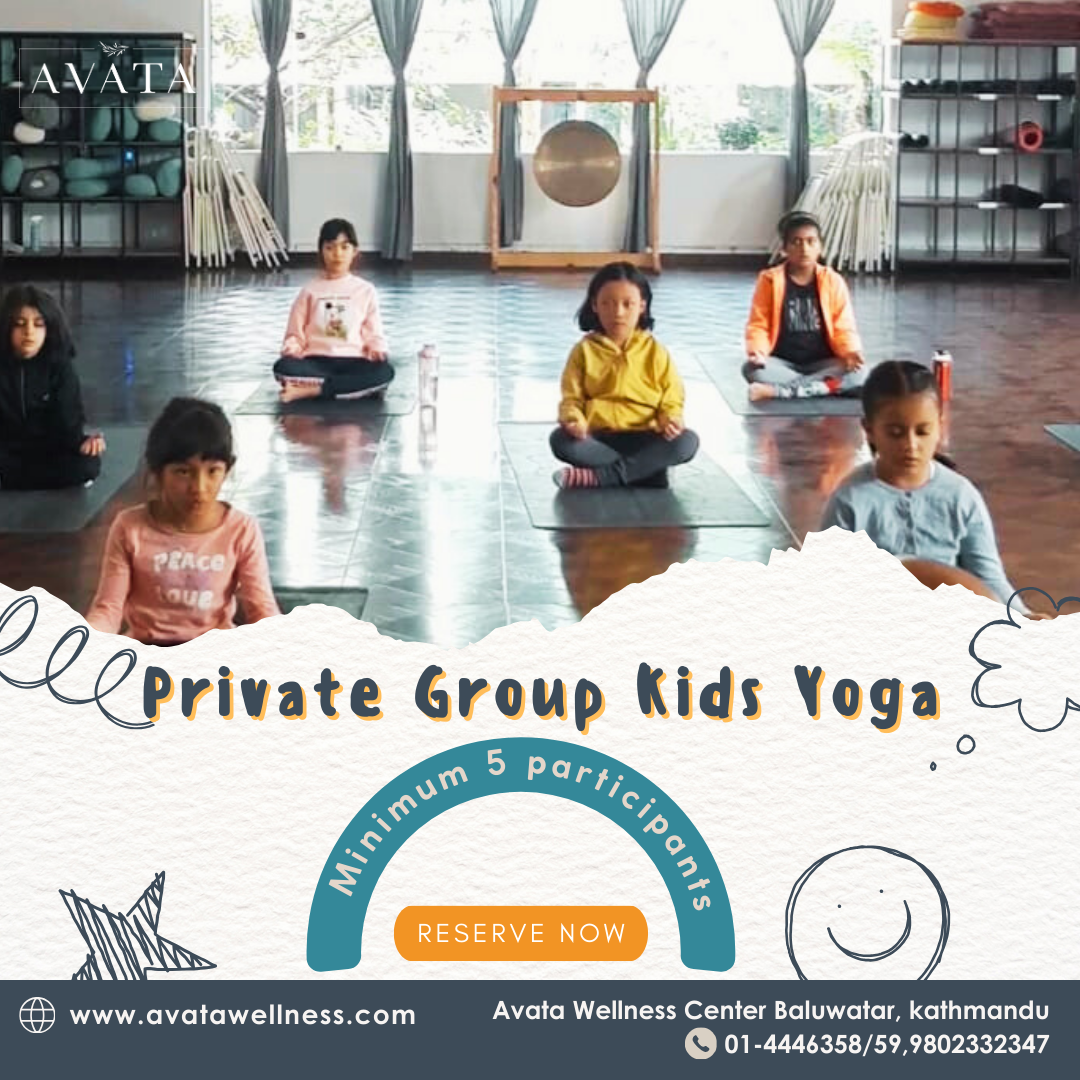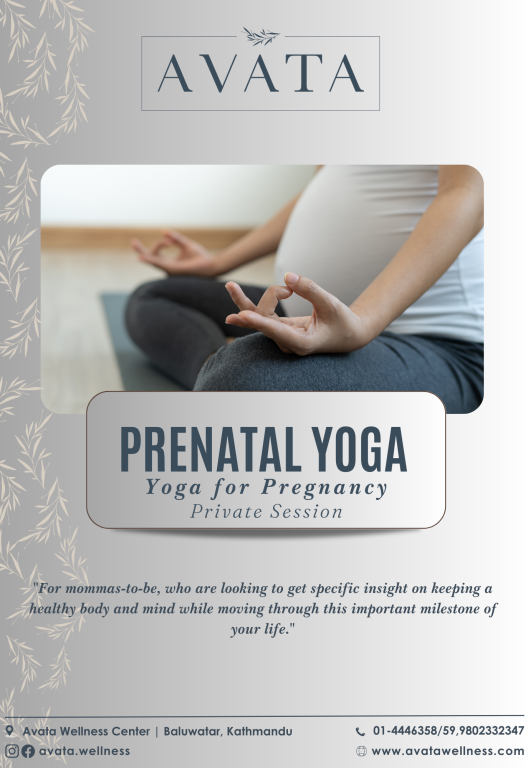
Wellness
Wellness is a modern word with ancient roots. The fundamental principles of wellness as preventive and holistic can be traced back to ancient civilizations from the East (India, China) to the West (Greece, Rome). In 19th-century Europe and the United States, a variety of intellectual, religious, and medical movements developed in parallel with conventional medicine. With their focus on holistic and natural approaches, self-healing and preventive care, these movements have provided a firm foundation for wellness today.
What does wellness mean to you? Well, it is an individual pursuit where we have self-responsibility for our own choices, behaviors and lifestyles, but it is also significantly influenced by the physical, social and cultural environments in which we live. It is much more than just physical health, exercise, and nutrition.
Wellness Dimensions
Wellness is a multidimensional facet, which includes notions of: Physical, Emotional, Spiritual, Intellectual, Environmental, and Social. Each dimension contributes to our own sense of wellness or quality of life, affecting and overlapping the other. At times, one may be more prominent than others, but neglecting any one dimension for any time has adverse effects on overall health.
- Physical: Nourishing a healthy body through exercise, nutrition, sleep, etc.
- Emotional: Coping with and navigating through life’s challenges.
- Spiritual: Values and beliefs, meaning and purpose in life
- Intellectual: Intellectual wellness is to recognize your unique talents to be creative and seek out ways to use your knowledge and skills. When you foster your intellectual wellness, you participate in activities that cultivate mental growth.
- Environmental: Understanding how your social, natural, and built environments affect your health and well-being
- Social: Social wellness is a sense of connectedness and belonging. The social dimension of health involves creating and maintaining a healthy support network.
In summary, wellness is multi-dimensional, dynamic, subjective, and personal, which relates to intention, actions, and activities. Bringing awareness to your life and making it actionable is a process. Sometimes it requires repeated experiments and failures. But for ongoing betterment, the attempts are unquestionably worthwhile; one success often leads to another. When thinking about habits, wellness, and the health, well-being, and quality of life to which you aspire.
Creating Wellness Goals
As complicated as our modern-day lives are, it’s no surprise that few, if any of us, can maintain and optimize all areas of physical, mental, and emotional wellness. Wellness retreats and holistic spas are often essential partners in identifying and reaching wellness goals. Typical wellness goals include maintaining a healthy weight, reducing stress, managing medical challenges, increasing fitness or nurturing creativity to fulfill personal and professional goals.
Achieving Wellness
Finding the right combination of support to achieve wellness in our lives is different for each of us. All-inclusive wellness retreats can help achieve wellness through a focus on the multiple life dimensions of the whole person. Individualized wellness plans integrate Eastern and Western philosophies, and naturopathic components address underlying causes of mind-body illness or imbalance.
Depending on your unique needs, wellness plans may include personal training, life-coaching, nutrition counseling, healthy aging and beauty-boosting, complementary support to medical treatment plans, mind-body services, outdoor experiences, and other areas of service. The ideal program will produce immediate results, and promote long-term, sustainable wellness habits.
Benefits of Wellness
Optimal wellness is unique for each of us, but the ability to fulfill our obligations, as well as our dreams is perhaps a common goal we all share. By proactively making wellness a life priority, we are equipped to better manage expected and unexpected physical illnesses and psychological challenges. Businesses measure wellness in terms of higher productivity, increased innovation and creativity, reduced illness, and reduced absenteeism. In our personal lives, many use words such as happiness, increased energy, positive emotions, pain-free, and peacefulness. When we internalize wellness, we are able to activate the benefits in everything we do, which in turn spreads to others in our lives.





























































